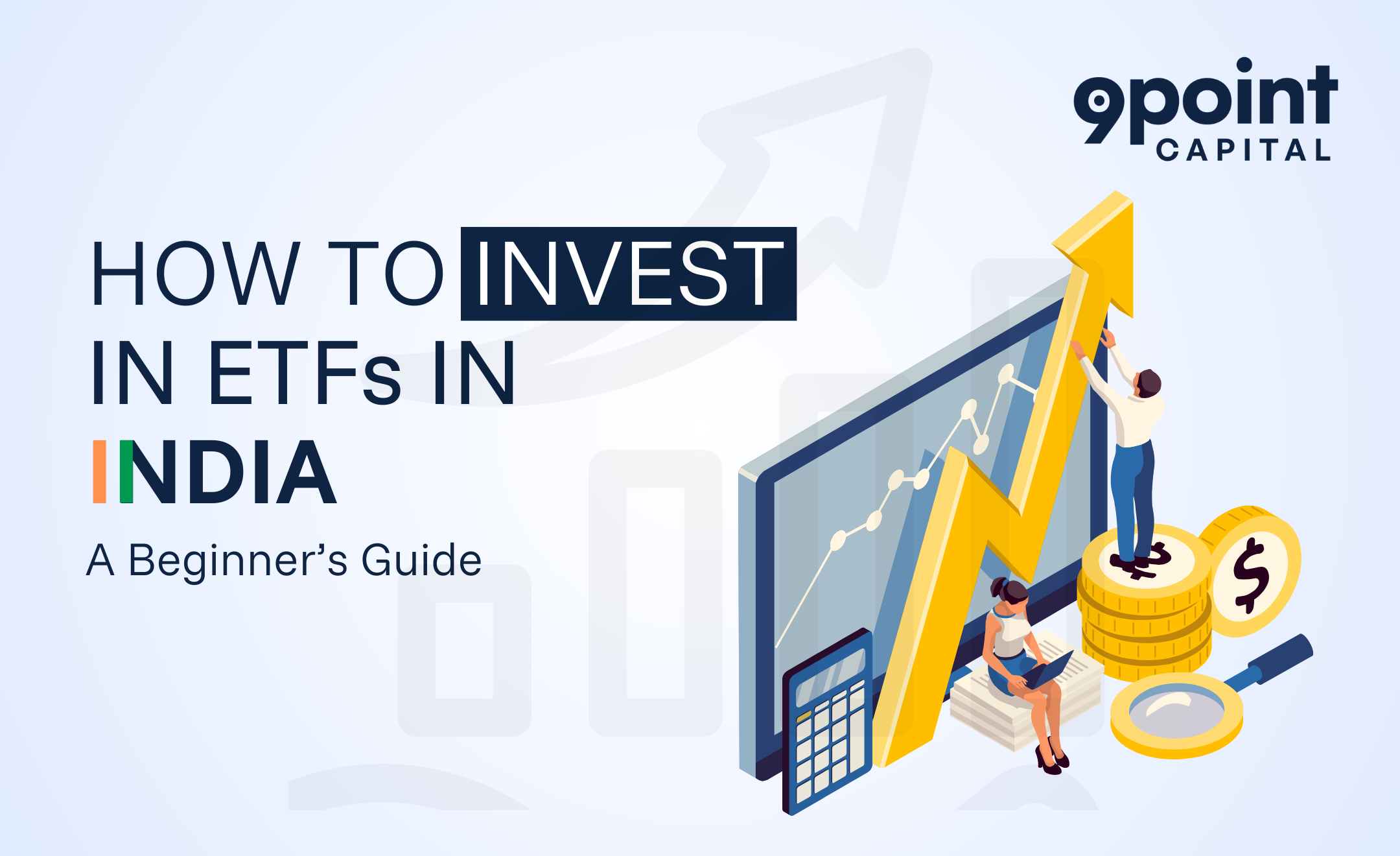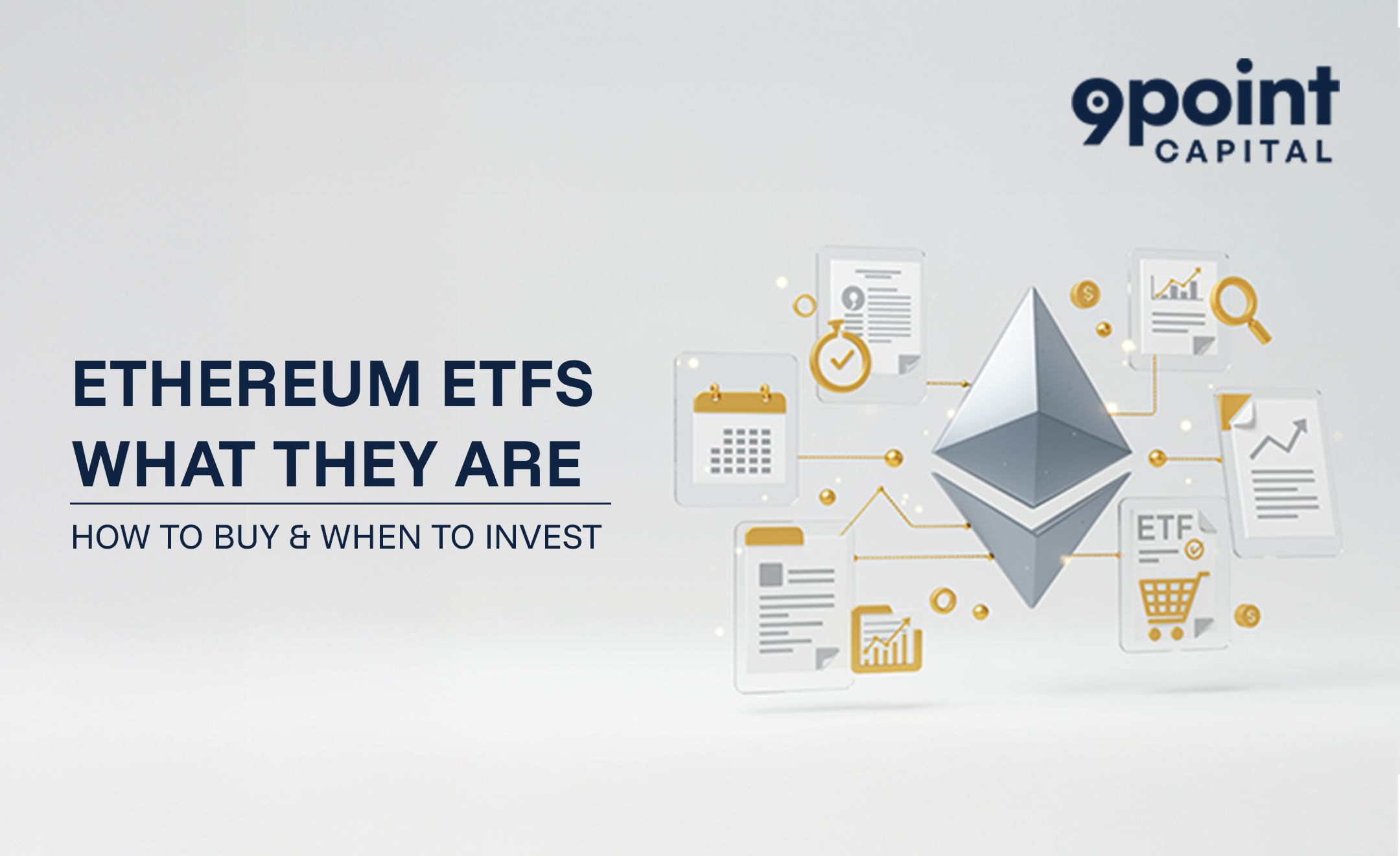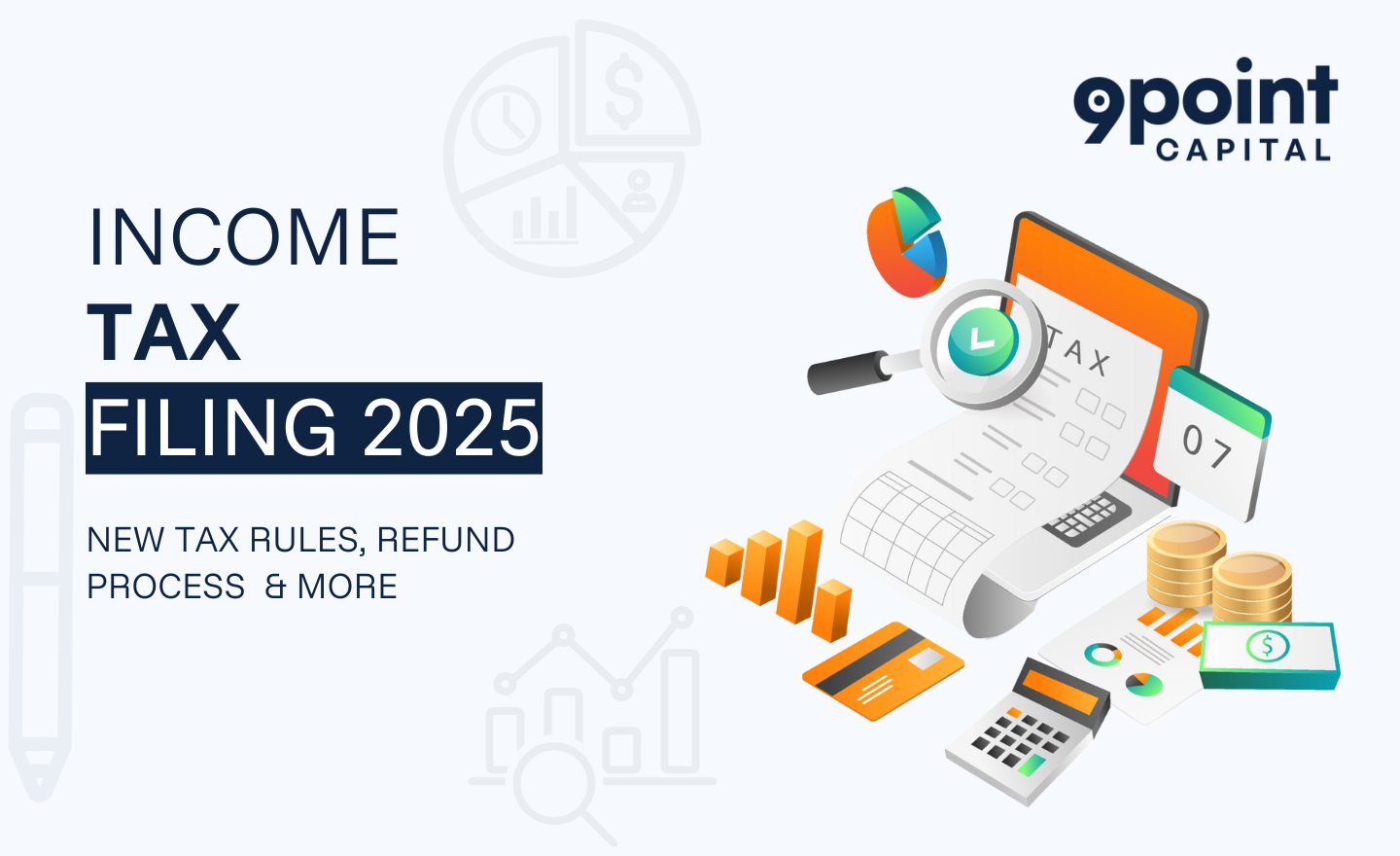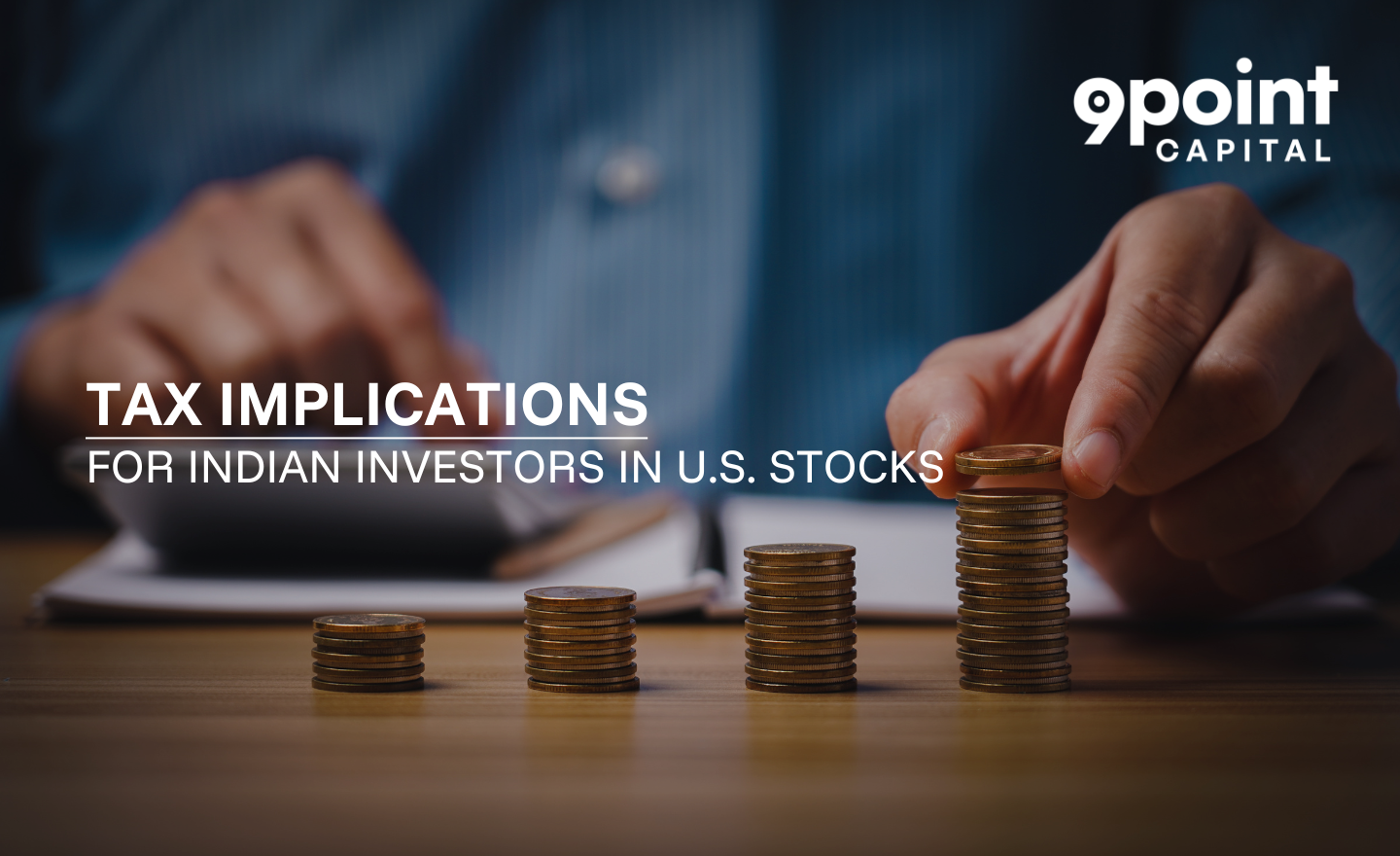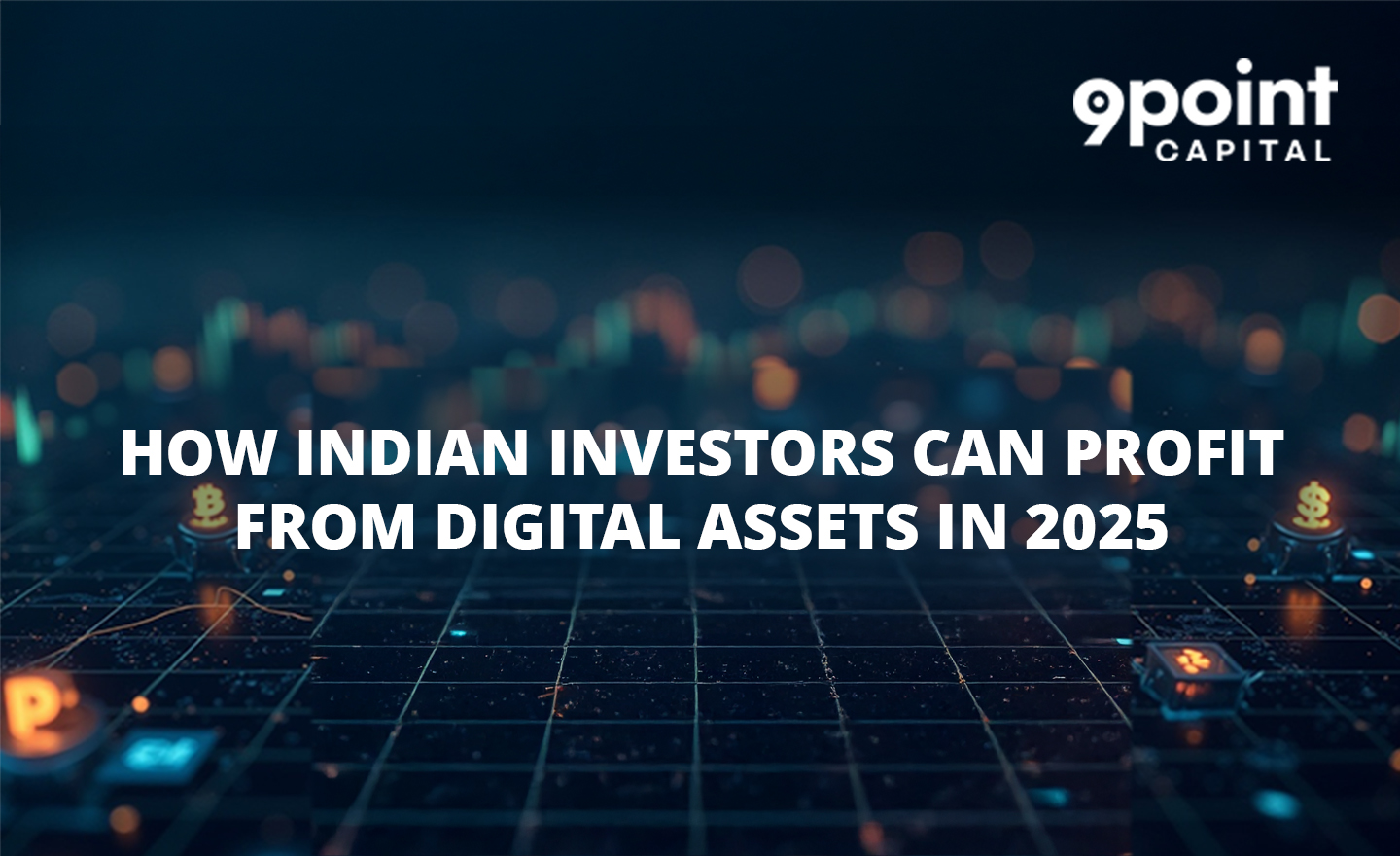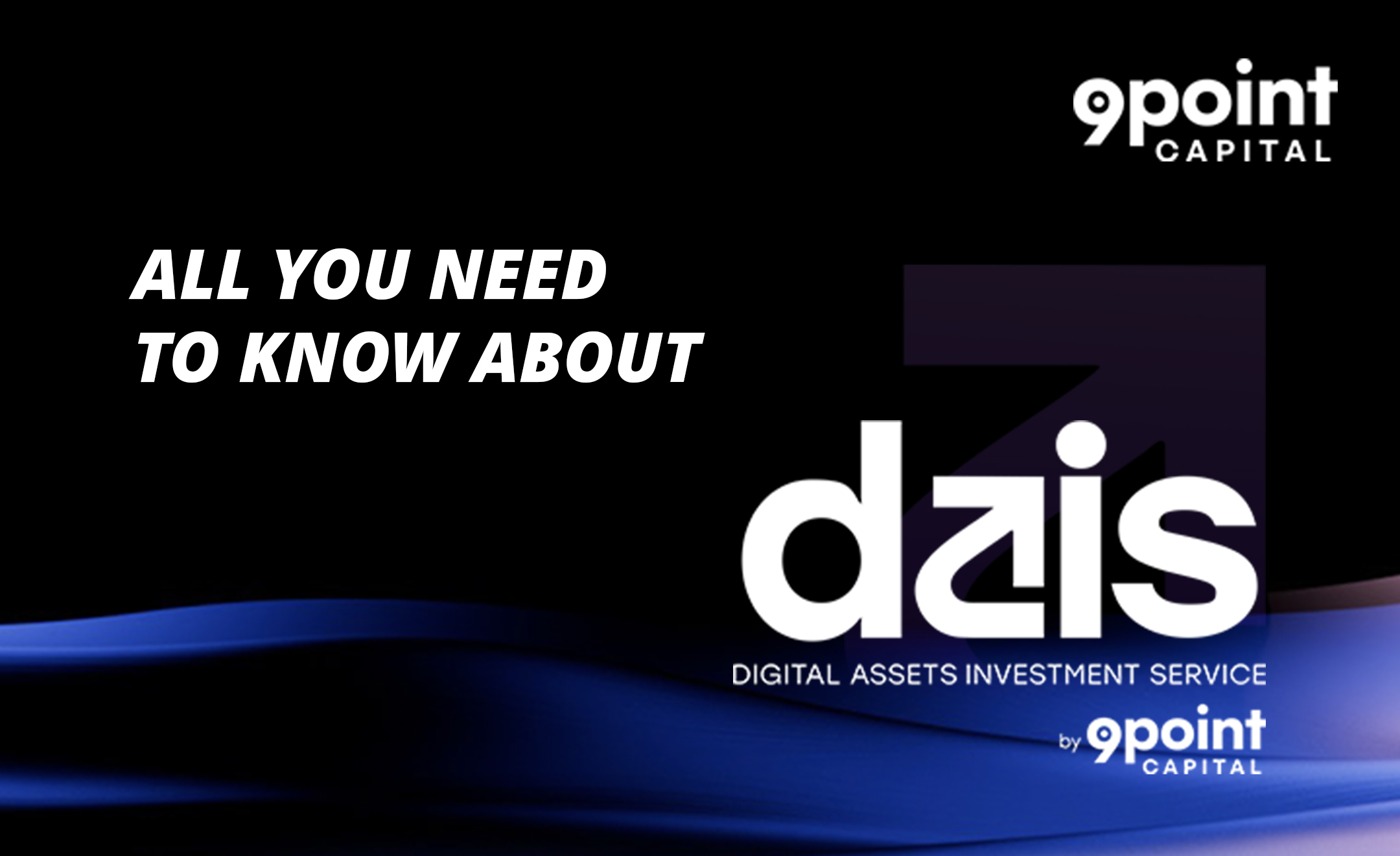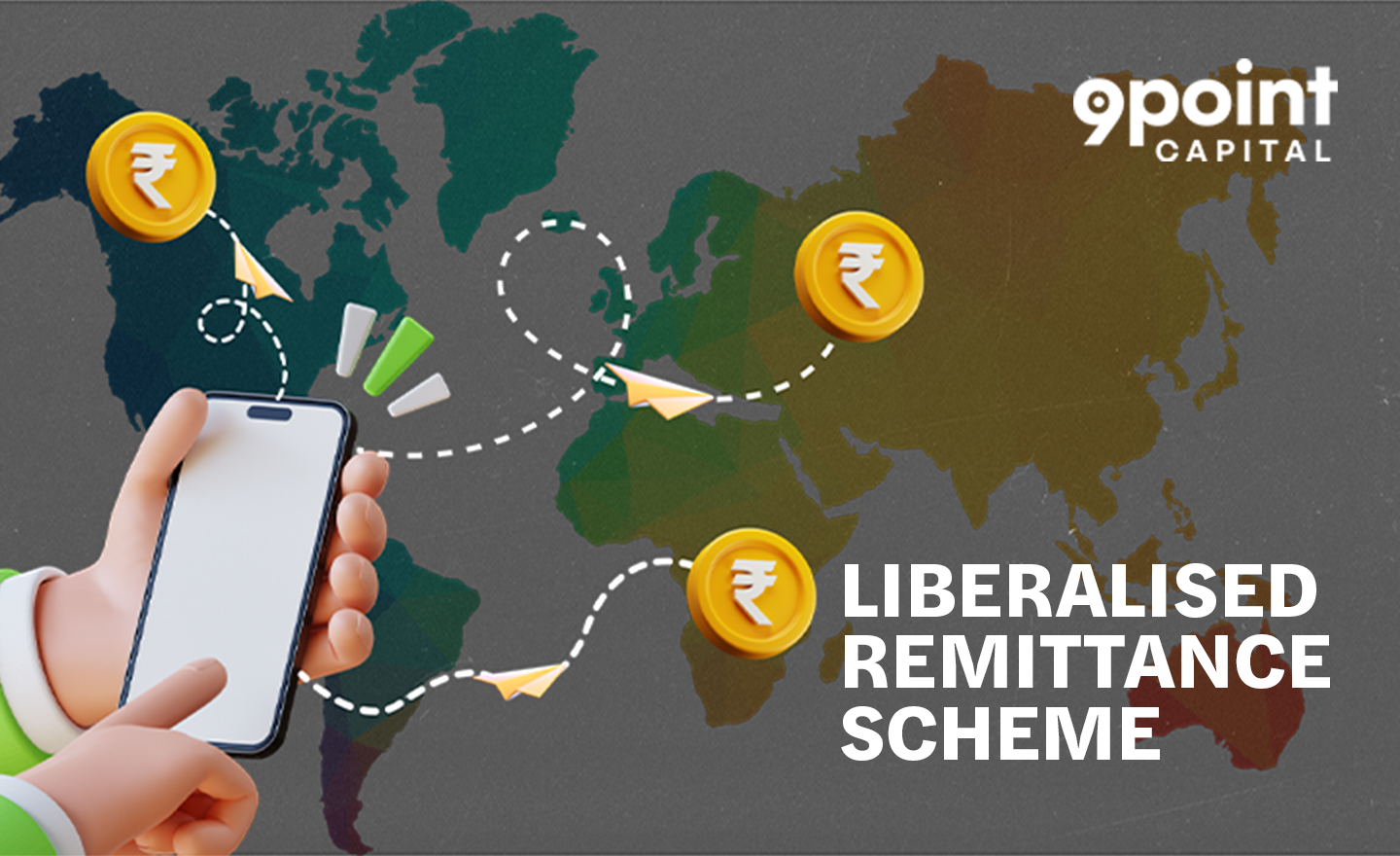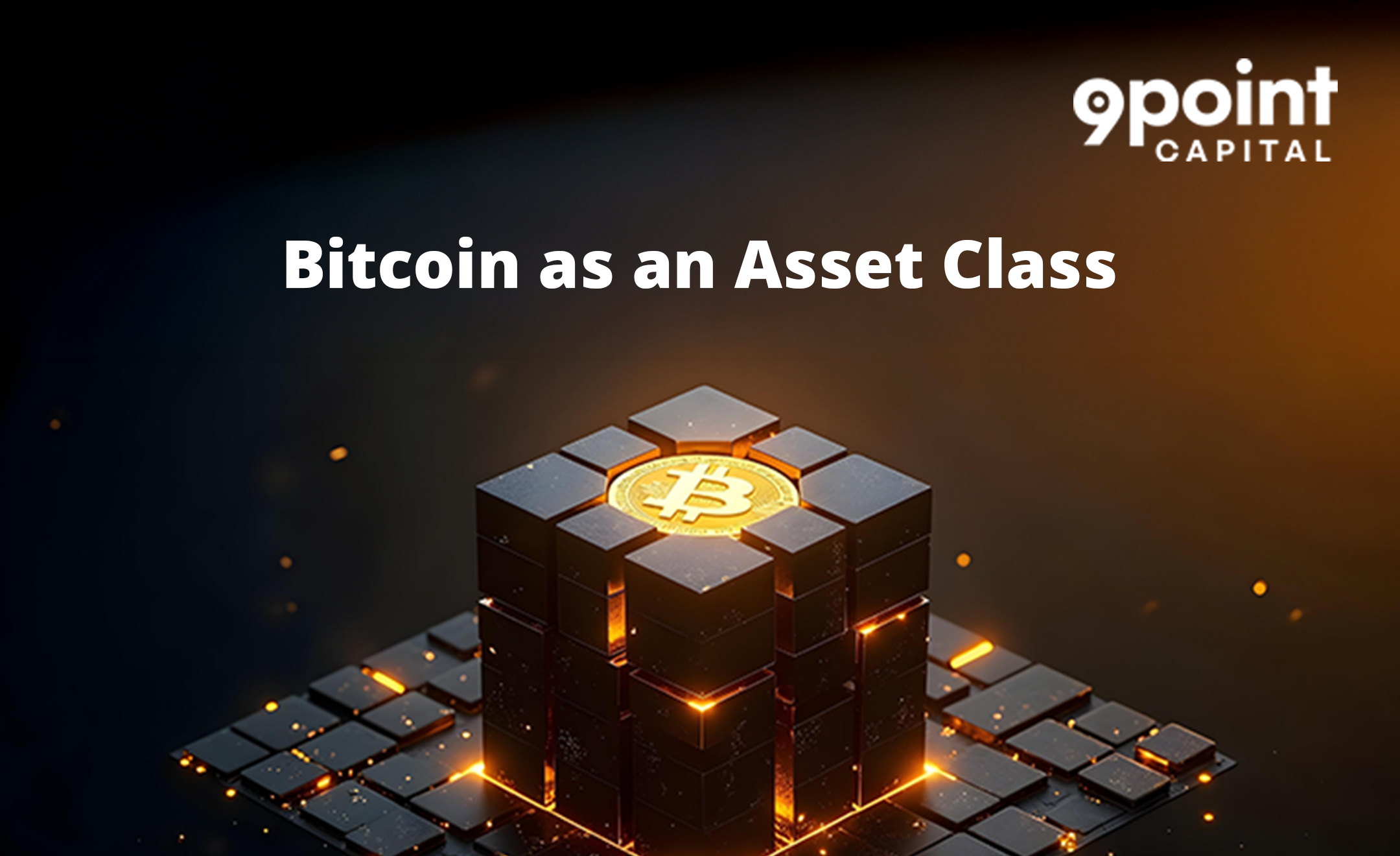If you’re a beginner wondering where to start, this guide breaks it all down on how to invest in ETFs, which ones to choose and why they may be perfect for your long-term investment goals.
What is an ETF?
An ETF (Exchange-Traded Fund) is a fund that holds a diversified portfolio of assets like stocks, bonds or commodities and trades on stock exchanges like any other equity share. Think of it as a hybrid between a mutual fund and a stock, offering diversification with the flexibility of trading.
Why Invest in ETFs?
When you invest in ETFs, you get:
- Low Cost: Minimal expense ratios compared to mutual funds
- Diversification: Broad exposure to markets or sectors
- Transparency: Daily disclosure of holdings
- Liquidity: Can be bought or sold throughout the trading day
- Ease of Access: Invest with as little as the price of one ETF unit
These features make ETFs attractive for those looking for safe investments with high returns in India without active fund management.
Types of ETFs in India
Understanding the variety of exchange-traded funds (ETFs) available can help investors build a well-aligned and diversified portfolio. Here’s a concise overview:
Digital Asset ETFs: These provide exposure to regulated digital assets like U.S.-listed Bitcoin ETFs. Ideal for long-term diversification, they can be accessed through India’s GIFT City framework or under the Liberalised Remittance Scheme (LRS).
Index ETFs: Track major benchmark indices such as the Nifty 50 or Sensex. Suitable for investors seeking broad market exposure at a low cost.
Sectoral ETFs: Offer targeted exposure to specific sectors like banking, IT, or pharmaceuticals. Useful for expressing a thematic or tactical view.
Gold ETFs: Backed by physical gold, these are often used as a hedge against inflation and macroeconomic uncertainty.
Debt ETFs: Invest in fixed-income instruments such as government or corporate bonds. Designed for conservative investors seeking stable returns.
International ETFs: Provide access to global indices like the Nasdaq 100 or S&P 500, allowing Indian investors to diversify beyond domestic markets.
Smart Beta ETFs: Combine passive investing with factor-based strategies such as value, momentum, or low volatility to optimise risk-adjusted returns.
How to Invest in ETFs in India
Choose a trusted platform like 9Point Capital to access a wide range of ETFs, including regulated digital asset ETFs such as U.S. listed Bitcoin ETFs. Here’s how to get started:
1. Define Investment Objectives
Start with a one-on-one discussion with our advisory team to define your financial goals, risk profile and investment preferences. This step helps to build a foundation tailored specifically to you.
2. Open an Investment Account
Set up the appropriate account based on investment preferences. This could include:
- A domestic brokerage account for Indian-listed ETFs
- A GIFT City account for tax-efficient access to global markets
- An international account under the Liberalised Remittance Scheme (LRS) for exposure to U.S. listed ETFs, including digital asset options
3. Execute Investments Securely
Begin allocating funds into carefully selected ETFs via regulated platforms like 9Point Capital. Experience smooth execution backed by compliance, transparency and institutional-grade security.
ETF vs Mutual Fund: A Quick Comparison
Here is the vital difference between ETFs and mutual funds:
| Feature | ETFs | Mutual Funds |
| Trading | Real-time | End-of-day NAV |
| Expense Ratio | Low | Moderate |
| Minimum Investment | Price of 1 unit (as low as 10rs) | Usually ₹100–₹5,000 |
| Liquidity | High | Moderate |
| Transparency | Daily holdings | Monthly/quarterly holdings |
If you prefer control, low cost and flexibility, invest in ETFs.
Common Mistakes to Avoid
- Ignoring ETF liquidity
- Overweighting one sector or theme
- Not reviewing tracking error
- Investing without a long-term view
- Misunderstanding ETF taxation
Are ETFs Safe Investments with High Returns in India?
ETFs that track indices like Nifty 50 or Sensex and also digital assets like Bitcoin, Ethereum are considered relatively safe and historically provide 10–12% annualised returns over time. While all market instruments carry some risk, ETFs offer a balanced approach to building wealth, making them attractive investment plans with high returns for risk-aware investors.
Read more: How to safeguard your portfolio with ETFs
ETF Taxation in India
Here is the breakdown of various ETF taxation in India:
| Type of ETF | Holding Period | Tax Treatment |
| Digital Asset ETFs (Bitcoin ETFs) | Less than 3 years | Taxed as per individual income tax slab |
| More than 3 years | 12.5% Long-Term Capital Gains (LTCG) with indexation | |
| TCS (LRS) | 20% Tax Collected at Source on remittances above ₹10 lakh (claima) | |
| TDS | Not applicable (unlike direct crypto investments) | |
| Access | Via LRS through GIFT City–based platforms | |
| Equity ETFs | Less than 1 year | 20% Short-Term Capital Gains (STCG) |
| More than 1 year | 12.5% LTCG with Exemption for gains of up to Rs.1.25 lacs. | |
| Debt ETFs | Less than 3 years | Taxed as per individual income tax slab |
| More than 3 years | Taxed as per individual income tax slab | |
| Gold ETFs | Less than 3 years | Taxed as per individual income tax slab |
| More than 3 years | 12.5% LTCG with indexation |
Conclusion: Should You Invest in ETFs?
If you’re seeking transparency, low cost, liquidity and exposure to market indices, invest in ETFs. They’re ideal for beginners and experienced investors looking to create a reliable, diversified investment plan with high returns. In an ever-evolving financial landscape, ETFs stand out as a brilliant tool for long-term investment success. Digital assets like Bitcoin ETF hit the sweet spot for long-term, disciplined investing with liquidity. Reach out to 9Point Capital to explore curated portfolios, GIFT City investment options and a global access platform.
